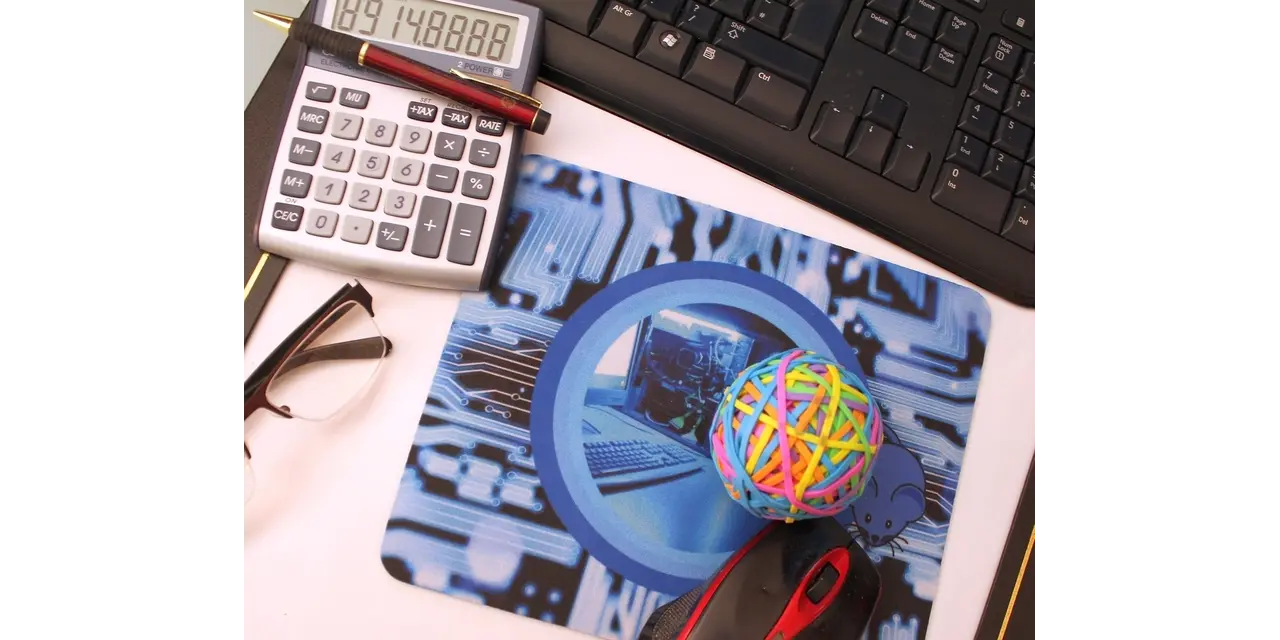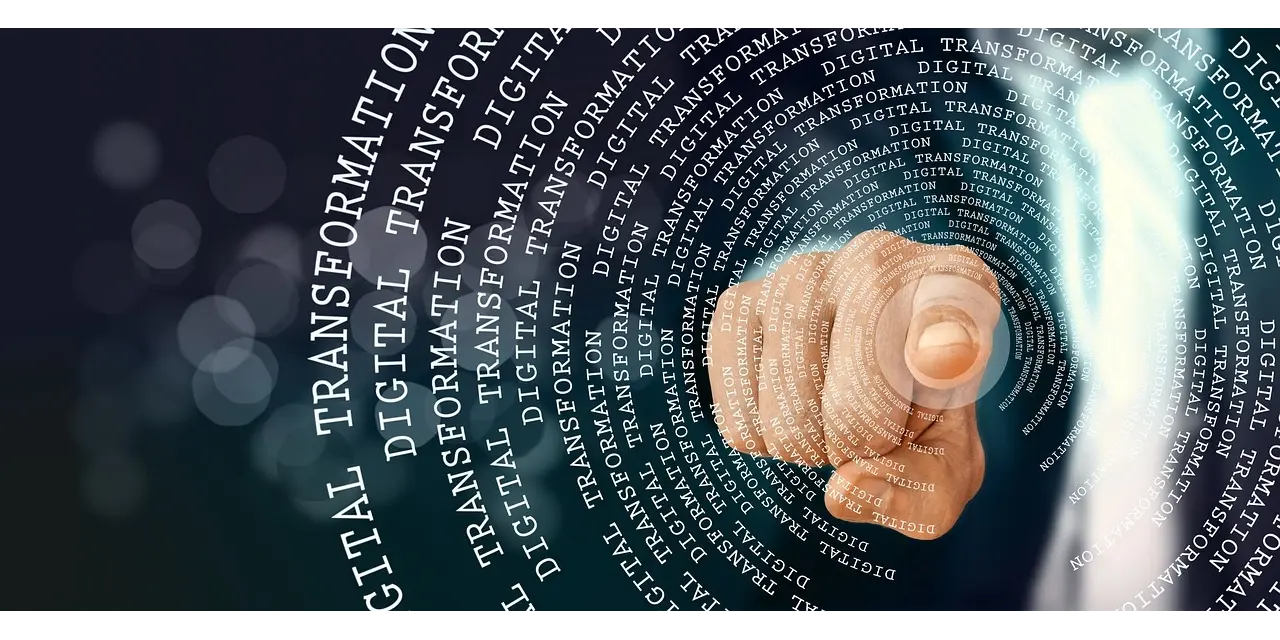In order to answer your request, we are obligated to process the data given above. Sometimes, however, we would like to use them for slightly different purposes, such as statistical data or informing you about our new products and services.We promise that we will use the given information for communication purposes only. We also remind you that you can unsubscribe from our mailing at any time (see Privacy Policy).
In the bustling landscape of Polish commerce, understanding the intricacies of invoicing is crucial for both legal compliance and financial efficiency. While standard VAT invoices are the norm for most transactions, simplified invoices offer a streamlined alternative for smaller-value sales. However, these simplified invoices come with specific thresholds and legal requirements that businesses must adhere to. We prepared this guide so you can navigate the Polish invoicing landscape with confidence.
What are Simplified Invoices?
Simplified invoices, also known as "faktury uproszczone" in Polish, are a less formal type of invoice designed for transactions with a total value not exceeding PLN 450 (or EUR 100). They provide a more straightforward and efficient way to document smaller sales, particularly for businesses dealing with numerous low-value transactions.
Legal Requirements for Simplified Invoices in Poland
While simplified invoices are less detailed than standard VAT invoices, they still need to adhere to specific legal requirements outlined in the Polish VAT Act. These requirements include:
- Date of Issue: The date the invoice was created.
- Seller's Tax Identification Number (NIP): The unique 10-digit number identifying the seller for tax purposes.
- Type of Goods or Services: A general description of the goods or services sold.
- Total Amount Due: The total cost of the transaction, including any applicable taxes.
- VAT Rate and Amount (if applicable): If VAT is applicable, the invoice must indicate the VAT rate and the amount of VAT charged.
Additional Requirements for Specific Situations:
- Cash Register Receipts: For sales made through cash registers, a fiscal receipt with the buyer's NIP can serve as a simplified invoice, provided it includes all the required information.
- Intra-Community Transactions: Simplified invoices cannot be used for intra-Community supplies of goods (ICS).
- Distance Sales: Simplified invoices are not allowed for distance sales, which involve transactions where the buyer is not physically present at the seller's premises.
Invoice Threshold: PLN 450 (or EUR 100)
The key threshold for using simplified invoices in Poland is PLN 450 (or EUR 100). If the total value of the transaction, including VAT, exceeds this amount, a standard VAT invoice must be issued.
Benefits of Simplified Invoices
Simplified invoices offer several advantages for businesses:
- Reduced Administrative Burden: They require less information than standard VAT invoices, making them quicker and easier to prepare.
- Improved Efficiency: They streamline the invoicing process for smaller transactions.
- Cost Savings: By reducing the time and resources spent on invoicing, businesses can potentially save money.
When NOT to Use Simplified Invoices
While simplified invoices are convenient, there are situations where they cannot be used:
- Transactions Exceeding PLN 450: As mentioned above, a standard VAT invoice is required for transactions exceeding the threshold.
- Intra-Community Supplies: ICS transactions require a standard VAT invoice.
- Distance Sales: Simplified invoices are not permitted for distance sales.
- Buyer's Request: If the buyer requests a standard VAT invoice, even for a transaction below the threshold, the seller must comply.
Additional Considerations
- Archiving: Simplified invoices must be retained for a minimum of 5 years, just like standard VAT invoices.
- E-invoicing: As of January 1, 2022, e-invoicing through the Krajowy System e-Faktur (KSeF) is available in Poland. While not mandatory yet, it is encouraged by the government and may become compulsory in the future.
Resources
For further information and official guidance on simplified invoices and invoicing in Poland, you can refer to the following resources:
- Polish Ministry of Finance: https://www.gov.pl/web/finanse
- Polish National Revenue Administration: https://www.podatki.gov.pl/
By understanding the specific thresholds and legal requirements for simplified invoices in Poland, you can optimise your invoicing processes, reduce administrative burdens, and ensure compliance with Polish tax regulations. Remember, staying informed and seeking professional advice when needed is crucial for maintaining a smooth and efficient financial operation for your business.





